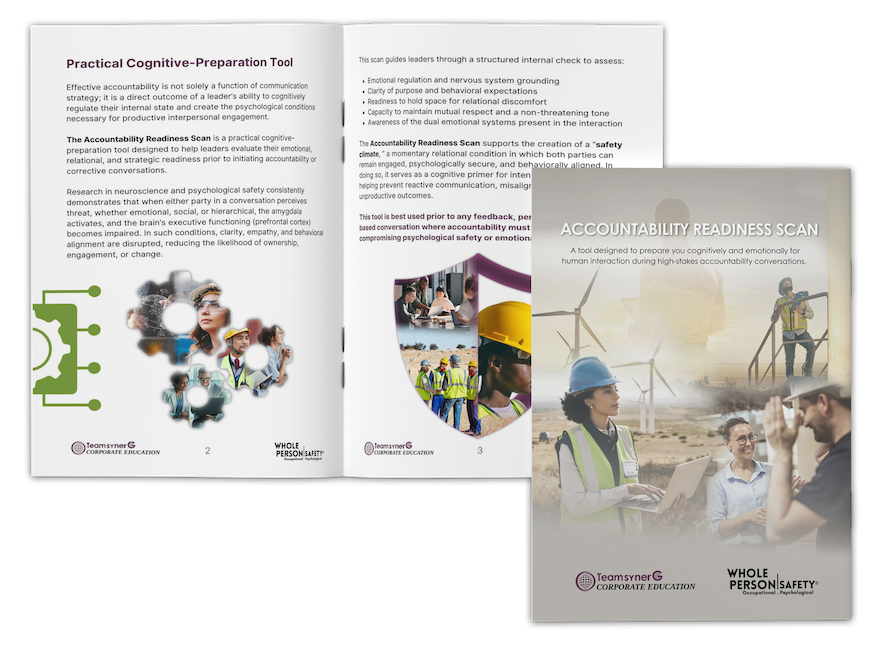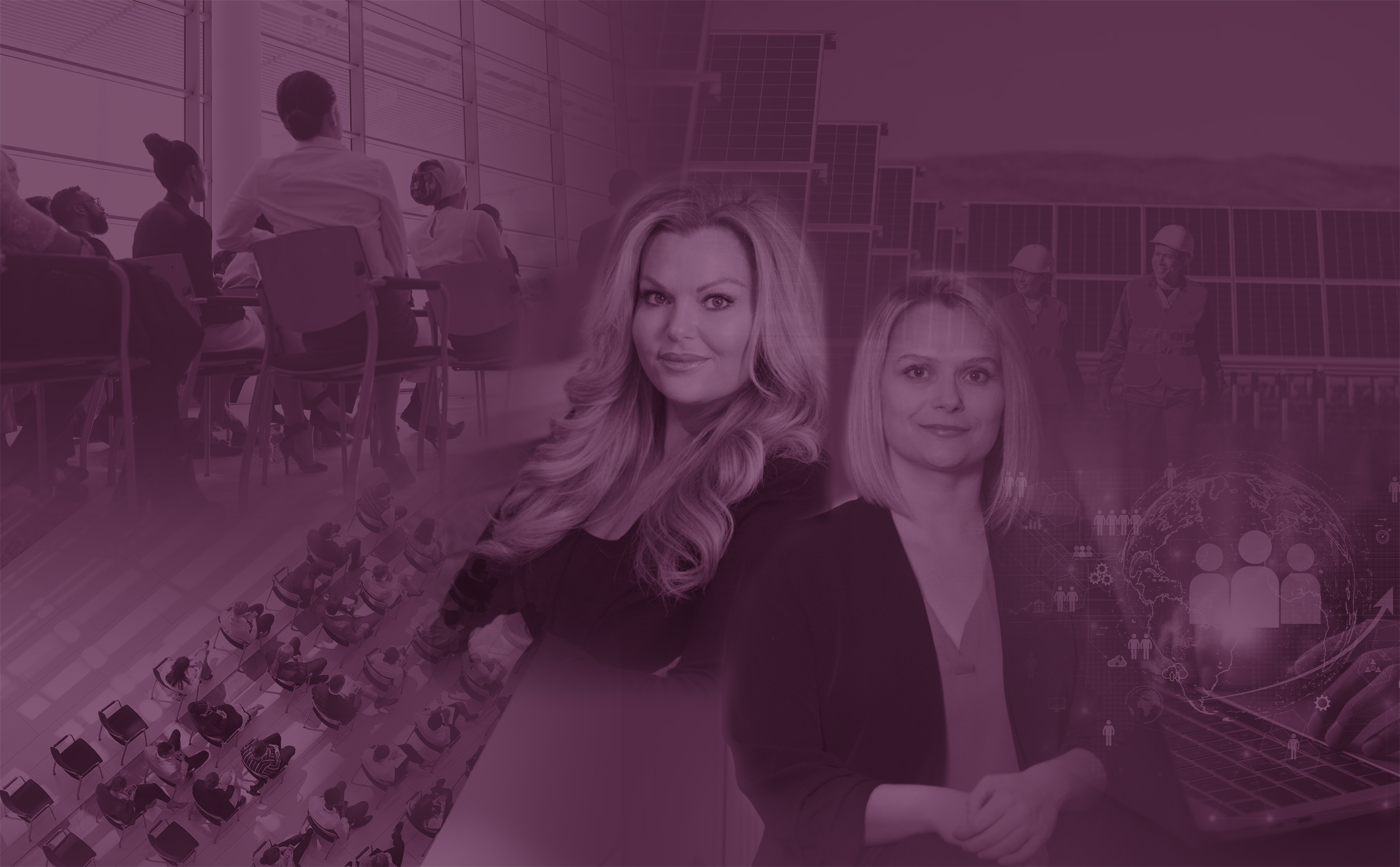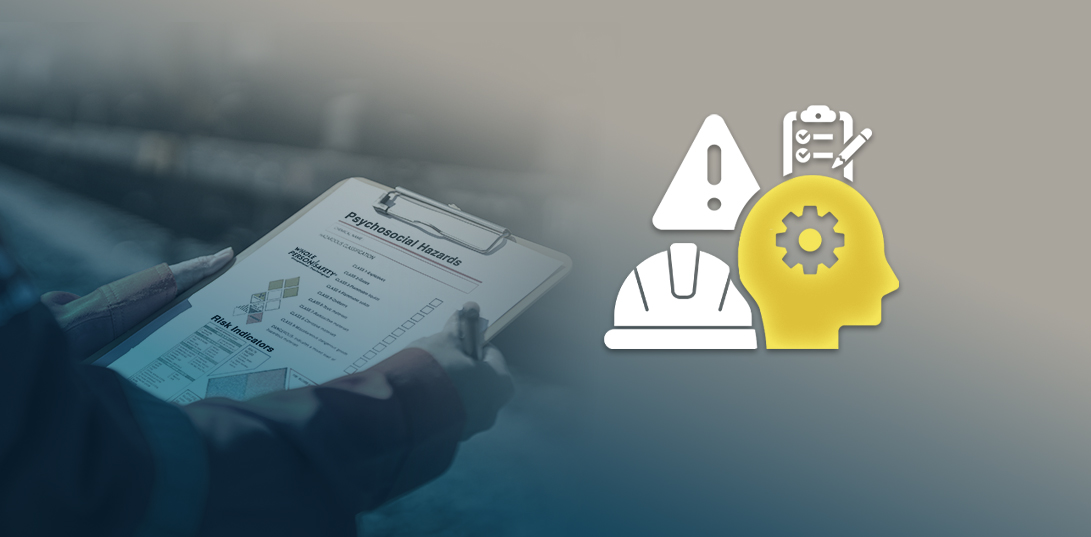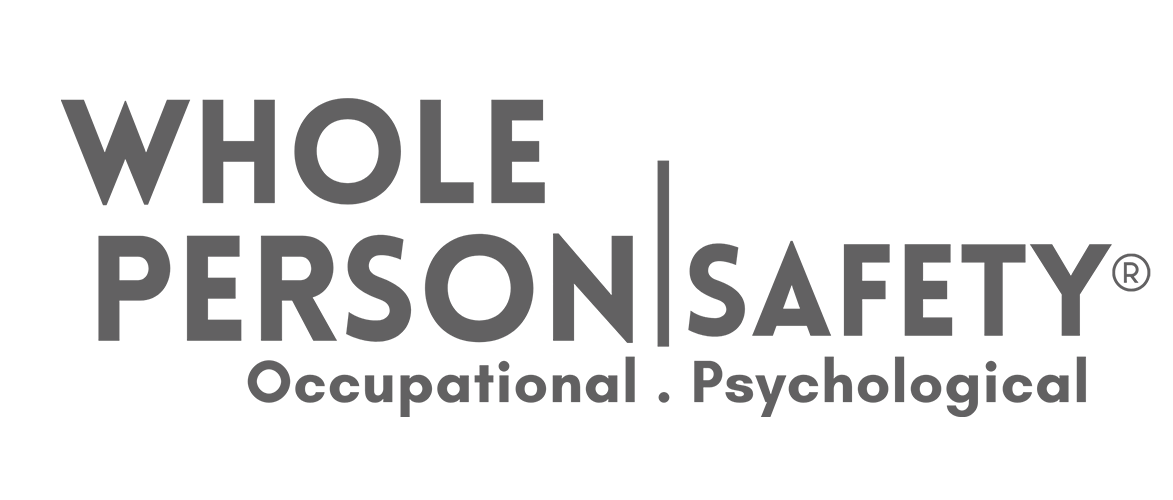Most adults spend an average of 3,000 hours a year at work, inside systems that are either psychologically unsafe or quietly eroding their mental health and well-being.
Let that sink in.
We don’t need another Mental Health Initiative; we need fewer reasons for people to need one. The real crisis isn’t a lack of supportive programs or health care services, it’s the workplace culture that causes the harm.
You cannot “initiative” your way out of a culture that exhausts, isolates, or dehumanizes people. And yet we continue to pour money into wellness apps, EAP programs, and mental health awareness days while allowing the actual causes of psychological harm to persist, unchecked, unchallenged, and in many cases, institutionalized.
Dehumanization at work doesn’t always look like harassment or discrimination
Often, it looks like:
-
- Systems that are confusing, inconsistent, or inaccessible.
- Leadership behaviors rooted in ego, control, or silence.
- Policies that sound good on paper but fall apart in practice.
- Workplaces where fear, exclusion, or blame have become normalized.
We treat these like management issues, they are not, they are mental health risks and
They are psychological hazards. When people can’t access clear processes or training, when they don’t feel heard or seen, when the environment devalues transparency, dignity, or inclusion, they don’t just lose trust, they lose their personal sense of safety. That is the line we must stop crossing.
We’re in 2025, and we are still negotiating with the standards laid out by ISO, Occupational health and safety and psychological risk prevention frameworks. We still treat psychological safety as a “nice to have,” while the very environments we create are driving burnout, disengagement, and silent suffering.
We add responsibility to legislation slowly, almost reluctantly, as if protecting people’s minds and dignity were a political issue instead of a human one. Even worse, we allow geopolitical debates to dictate whether diversity, equity, and inclusion are priorities, turning moral responsibility into ideological warfare.
While we debate “who is right,” the people inside our systems are simply asking:
-
- “Can I feel safe at work?”
-
- “Do I matter here?”
-
- “Will I be protected, not just physically, but emotionally?”
Culture Is Not What You Say. It’s What You Allow.
Every organization is its own legal entity. Every organization has a choice.
You can choose to build a workplace that is:
-
Free from fear.
Free from psychological harm.
Free from performative policy.
But first, we must stop acting like culture is a communications strategy. Culture is built, or broken, by behavior. PERIOD!
When leadership does not hold policies and systems accountable, people pay the price. No amount of wellness programming will fix a workplace that continues to harm people behind the scenes. No initiative will heal what the environment keeps breaking.
So the question can no longer be: Can we do better? We can, and for the most part, we already know how. The real question is: What is standing in the way of doing the right thing?
So, What Can You Do?
So often, we wait. We wait for policy. We wait for someone to give us permission. We believe we don’t have a say in change, but you do. I have personally seen and experienced the different one person can make in a very toxic environment. You don’t have to lead a movement to make a difference, nor do you need a title to take responsibility. You just have to start.
Here are three things you can do, it may not be easy, but that is what courage is for. I also cannot guarantee you will see a massive shift in the environment you work in. What I can say is that internally you will begin the first step in accountability and that is holding yourself accountable to the truth. From there, many things can shift.
1. Ask five people if you are approachable.
Say, “I know this may sound out of place, but I’m curious, would you be open to honestly sharing if you see me as approachable?”
Be open. Don’t justify. Just listen. Get present to the words they share, their body language and more importantly, genuinely thank them for their honesty. See where that leads you next.
2. Reflect on a moment when you witnessed someone or yourself being disrespected and said or did nothing.
Reflect on the following:
- Why didn’t you speak up?
- Why didn’t you check in with them afterward or go ask for support?
This isn’t about guilt. It’s about checking in with your moral and ethical compass.
3. Read your organization’s Code of Ethics, Respect in the Workplace Policy, or DEI Policy, five times.
Then ask yourself:
- Do I follow this 100% of the time?
- Do I justify when I don’t?
- Do I even remember what it says?
If not, think about the impact that might have on you, and on those around you. These three actions aren’t to make you feel bad or wrong, they are an invitation, because sometimes the smallest personal decision is the first step toward creating something better, for all of us.
The Truth Is Simple
Policy on paper has no power if no one lives it. A respectful culture doesn’t come from slogans or checklists, it comes from people, like you, deciding that safety, dignity, and accountability are non-negotiable.
Mental health is not a month, it’s a moment-by-moment reflection of the systems we build, the behaviors we tolerate, and the leadership we choose to model.
Let’s stop talking about psychological safety like it’s aspirational, It’s foundational.
And if your workplace isn’t psychologically safe, it isn’t safe!









